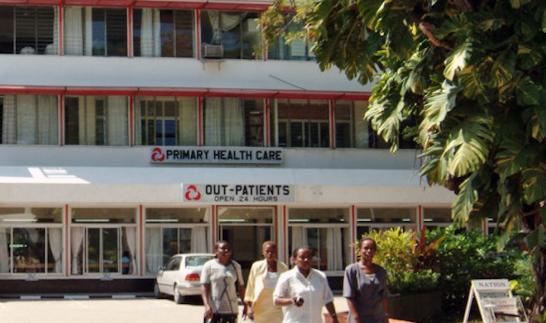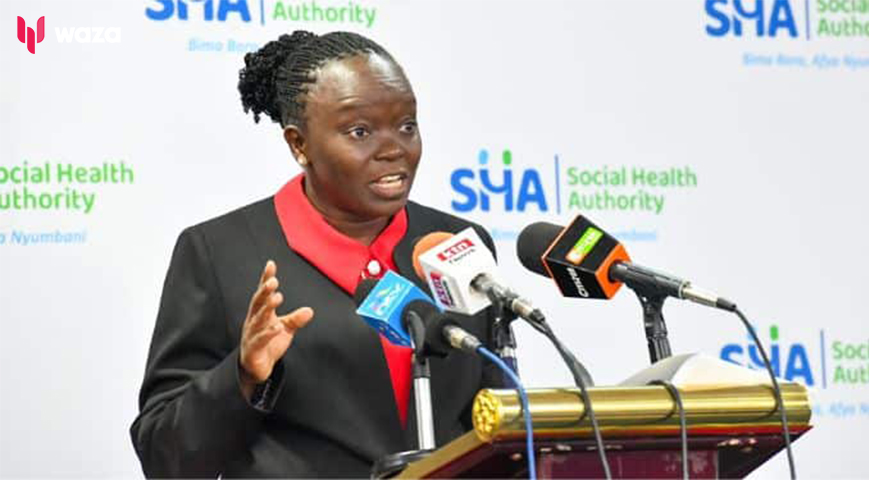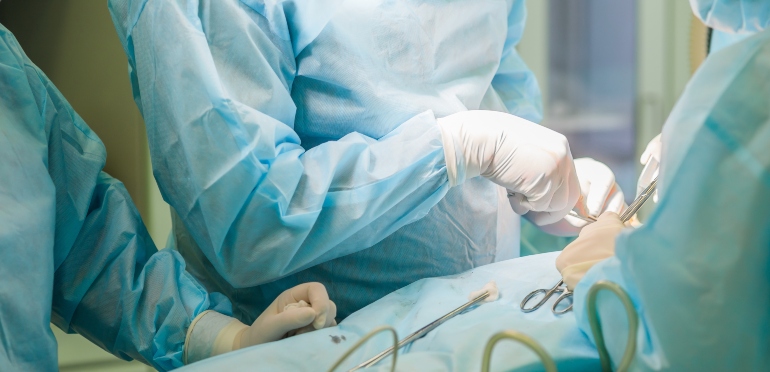Following the opening of a new 116-bed facility at Aga Khan Hospital Kisumu, the health industry in Western Kenya experienced a significant upgrade.
This is an improvement over the previous hospital, which had a capacity of 70 beds, and it adds a variety of new services and specialized clinics to meet the region's healthcare needs.
The facility has been outfitted with cutting-edge technology to provide cutting-edge medical services when it opens its doors to patients on Monday of next week.
Dr. Patrick Eshiwani, medical director of Aga Khan Hospital in Kisumu, said the new building features three roomy operating rooms, a cath lab, a six-bed intensive care unit (ICU), and a private wing.
Did you read this?

Other departments and services to be housed at the new facility include general medicine, accident and emergency, radiology services, cardiology, oncology, neurology, neonatology, gynecology and pediatrics.
The theaters, he said, have been installed with modern equipment to facilitate specialized operations for heart and kidney diseases.
“We have a lot of renal failure happening and patients are going outside the country to get transplants. One of the theatres we have has lamina flow which will allow us to conduct kidney transplants here,” he said.
Further, he said it has a cardiology department which will feed into the cath lab to assist patients requiring heart operations.
Part of the machines for the cath lab, he said have already been installed adding that the additional equipment required to operationalize it will be installed early next year before the services are rolled out.
“We are moving from a secondary hospital to a tertiary hospital where we are going into sub-specialization,” he added.
The expansion and modernization of the facility, he said, was informed by the health needs of the great lakes region adding that new specialists have been recruited to offer the services.
Additionally, he said he has absorbed a physician endocrinologist who will take care of all the endocrine diseases with diabetes being among the leading in the region.
Other specialists absorbed include physician nephrologist, infectious disease specialist and a neurologist.
The facility, he added, will house the first sleep laboratory in the country to manage patients with sleep disorders.
Patients with prolonged sleep disorders and convulsive disorders will be studied and examined at the laboratory.
“A patient can convulse without showing any signs and symptoms so we will be able to monitor such patients and come up with a proper diagnosis,” he said.
The new hospital, he added, also has a fully-fledged molecular laboratory molecular, CT Scan machines, Ultrasound and MRI machine.
The old facility, he said, will not be demolished but will be converted into an office block for the staff.











